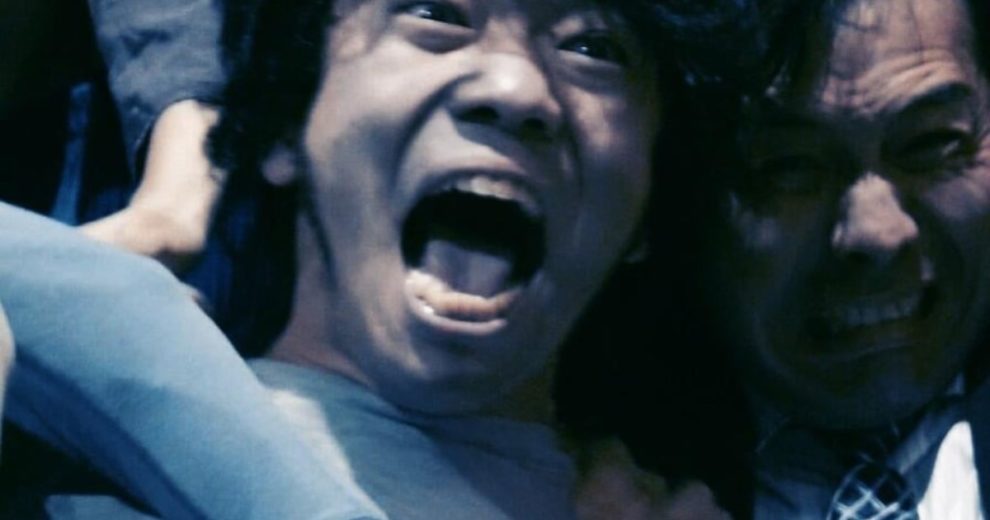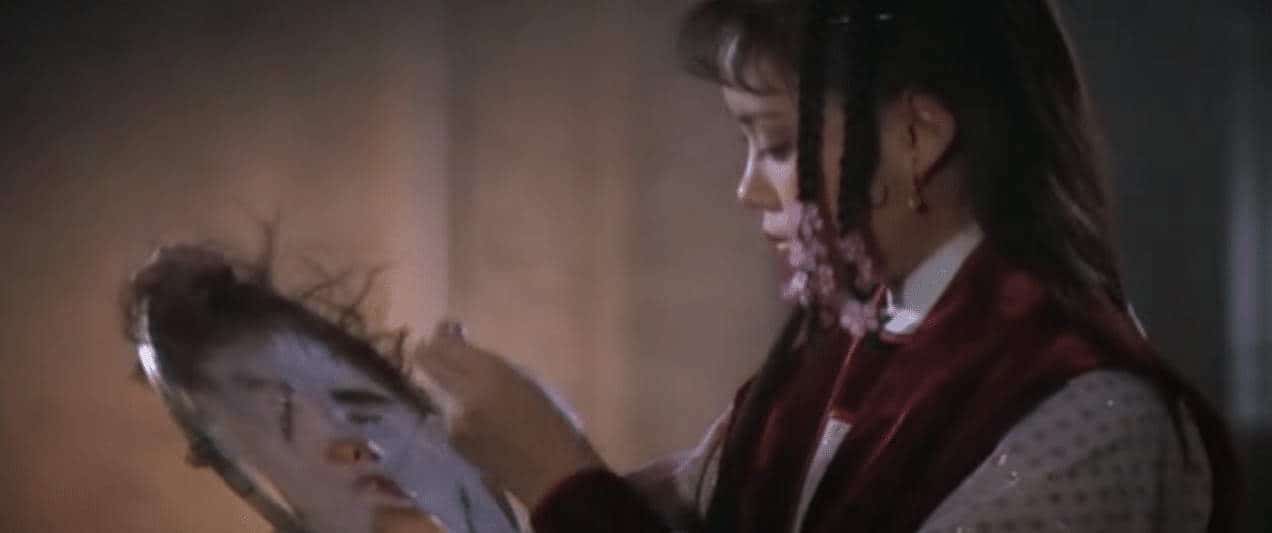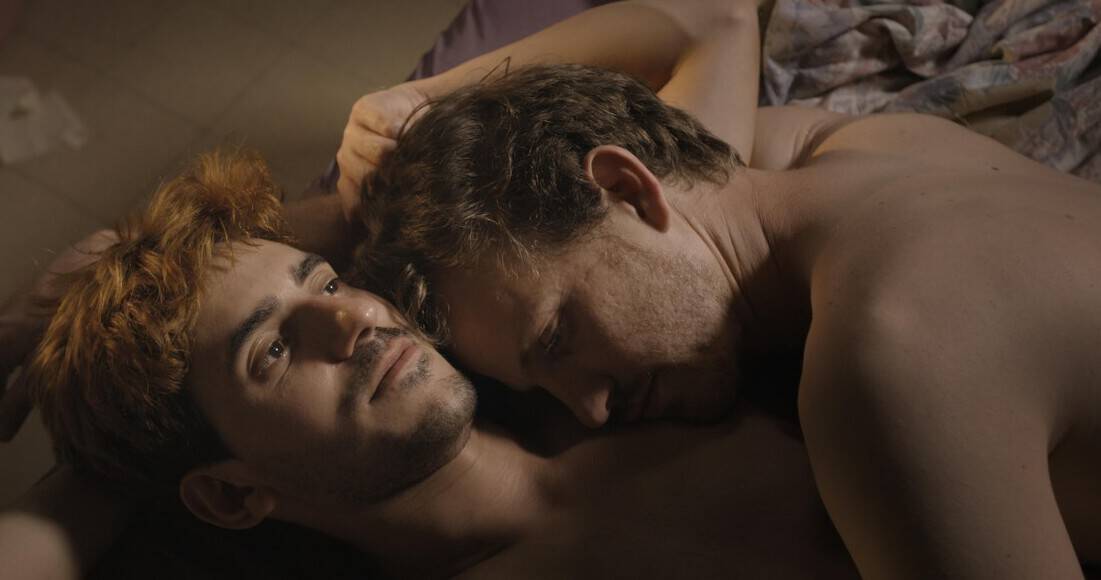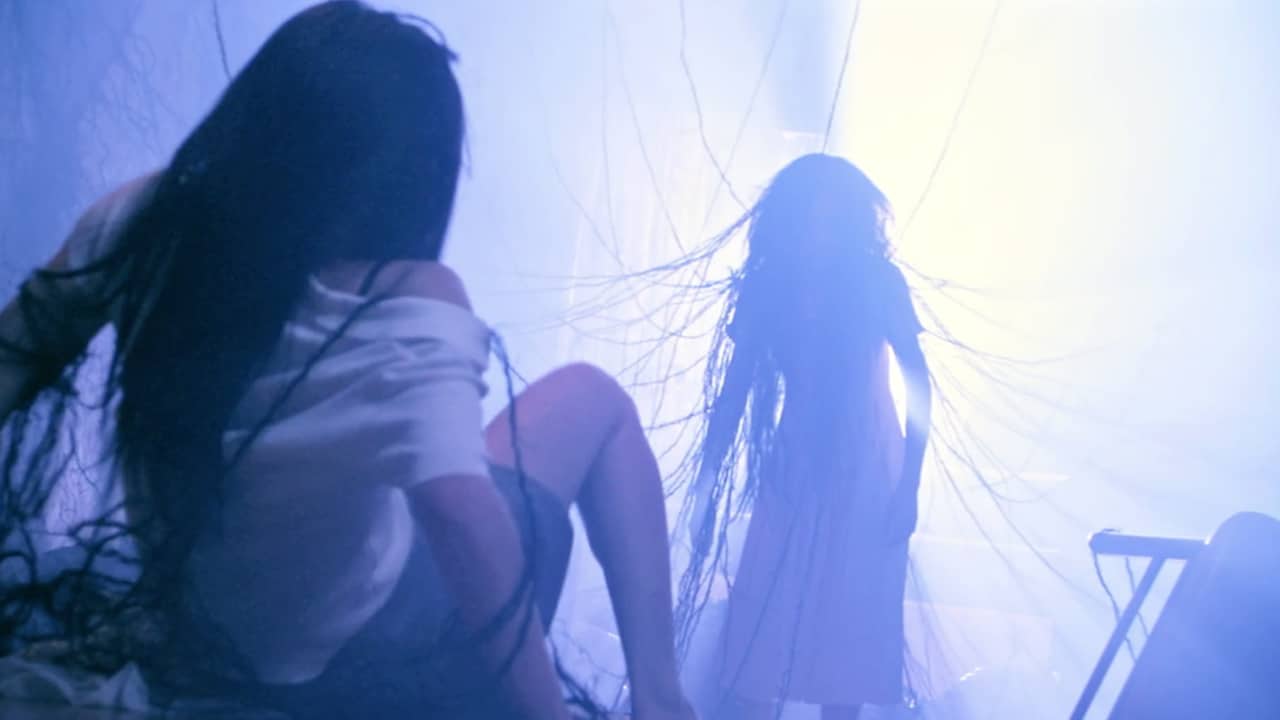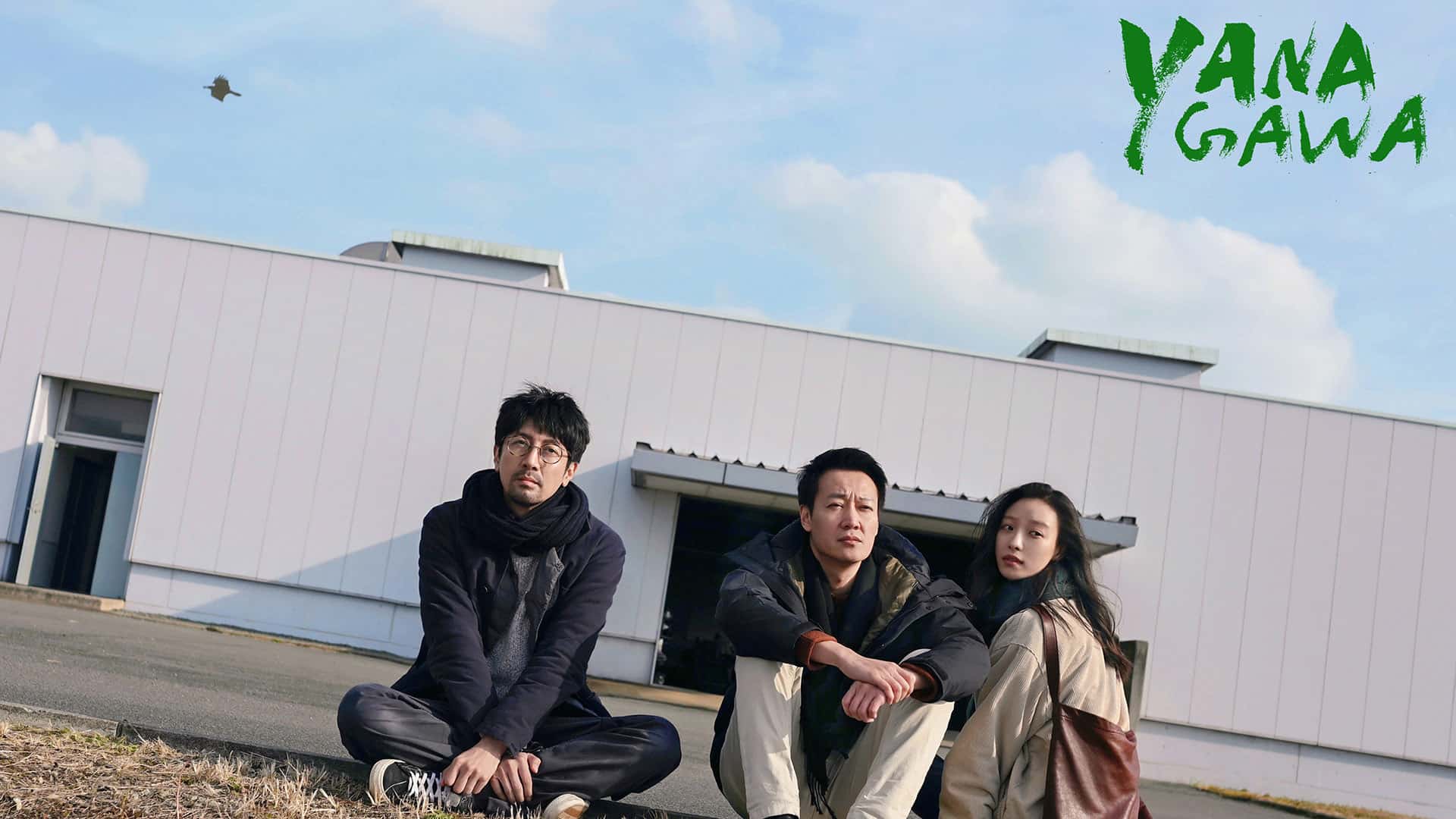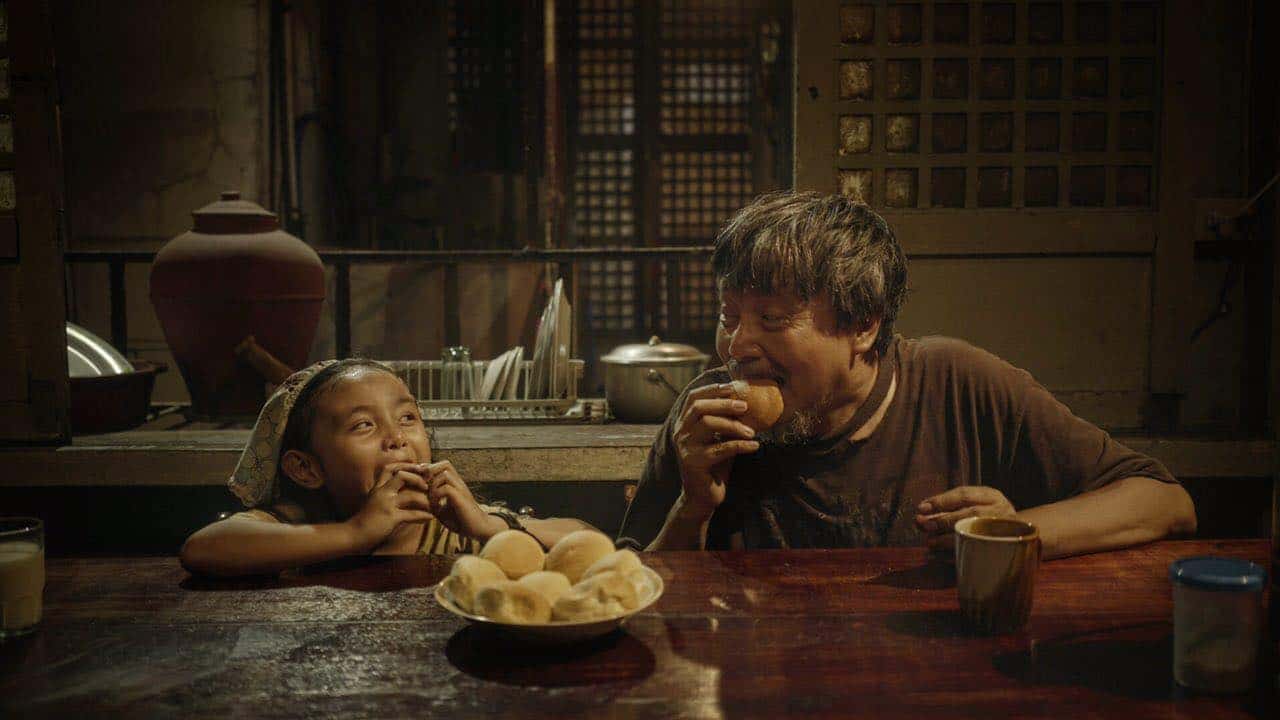Following on the footsteps of “Mimicry Freaks” on of the most brutal, most extreme and most weird horror films of 2019 is not exactly an easy thing to do, but Shugo Fujii's next title, “Frantic” is even more ambitious, as its base is extremely meta, revolving on a film about a stage play, before it turns into something completely different.
“Frantic” is based on Fujii's own stage play and will open in Japan, November 12.
The film begins in a theater in Japan, where a crew of actors who also seem to act as directors and every other role involved in a movie, are about to present a play to the amassed audience. Something, however, is obviously amiss, and Fujii gradually presents the events that led to the show, starting months ago. Sho, an actor, is ridiculed in a casting session, Tatsu, another actor, also cannot get a break, while he also wants to impress a girl in the convenience store he works at, by finally getting a role in a movie. The two friends also manage to get into trouble with the Yakuza somehow, with their search for money both for a payback and for funding their movie, eventually leading them to extreme roads, where two additional friends, Yasu, who is completely loyal to Tatsu, and Hama, a simpleton, also become involved in their plans. To get back to the present, the play is a mess from the beginning, and eventually, the protagonists snap, leading to a hostage situation inside the theater. Or maybe not…
Shugo Fujii creates a labyrinthic narrative, with the back and forths in time that gradually reveal what is happening in the present forming the basis of the movie. And while the individual episodes may go a bit too far in terms of story writing, and the action scenes making evident the lack of a big budget, the whole thing comes together in a rather entertaining as much as extreme fashion, courtesy of his direction. In that regard, the comments about the ways the movie industry works are rather pointed, highlighting the struggles both actors face in order to get cast and filmmakers in order to fund their movie, elements that are presented as the reason the protagonists resort to crime. The reaction of the audience on what is happening in the stage presents another comment that criticizes the tendencies of the spectators in general, with the same applying to the reactions of the cast and crew in the end, who feel that even a short-lived success justifies any kind of torment they have to suffer.
As in “Mimicry Freaks”, Fujii manages to combine deliriousness with a constant sense of tension, as it becomes obvious from the beginning essentially, that something dangerous is unfolding, with this sense becoming more and more intense as the movie progresses, until the sentiment completely erupts. The paranoia that eventually takes over is also built extremely well through the flashbacks, despite the fact that some episodes seem rather far-fetched.
The saturated colors and the use of digital camera add significantly to the whole atmosphere, which, particularly in the present arc, also looks like a combination of a home video and a mockumentary, with Fujii's cinematography adding, through this approach, to the overall aesthetics. His own editing also moves in the same, frantic path, although, as I mentioned before, the various episodes in the past could have been fewer, also bringing down the duration from the 110 minutes, which is a bit excessive.
Takahiro Ochi as Sho and Toshiki Kudo as Tatsu give rather fitting, antithetical performances in the movie, with the latter in particular, communicating his growing paranoia in impressive fashion.
Shugo Fujii seems to be on a great path in his combination of exploitation and horror. What he needs is a little more budget and a little more attention to some details, in order to get in the same place with Sion Sono and Takashi Miike.


